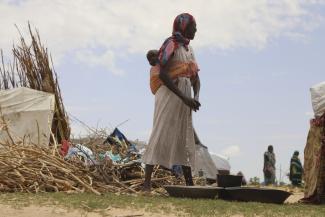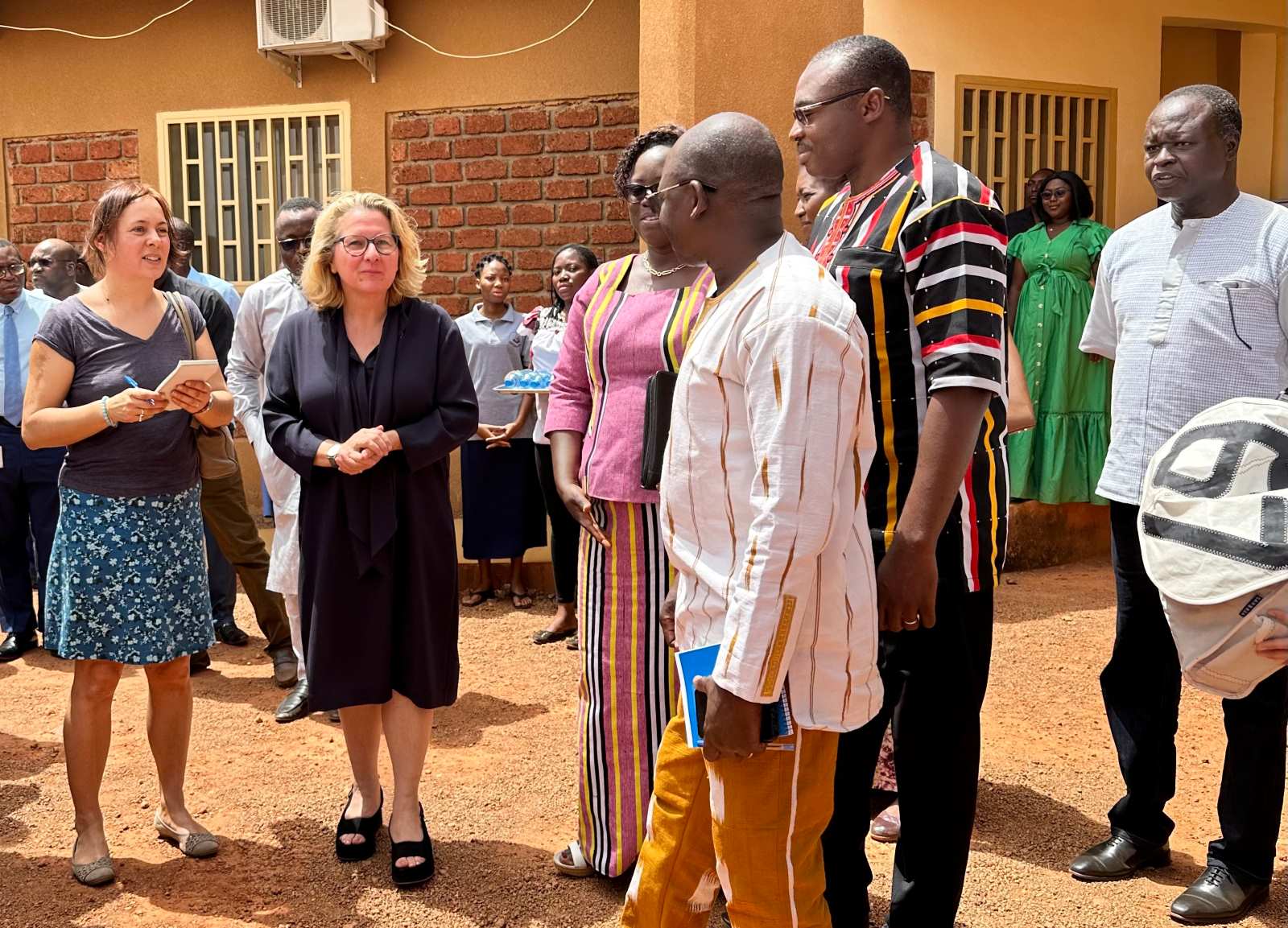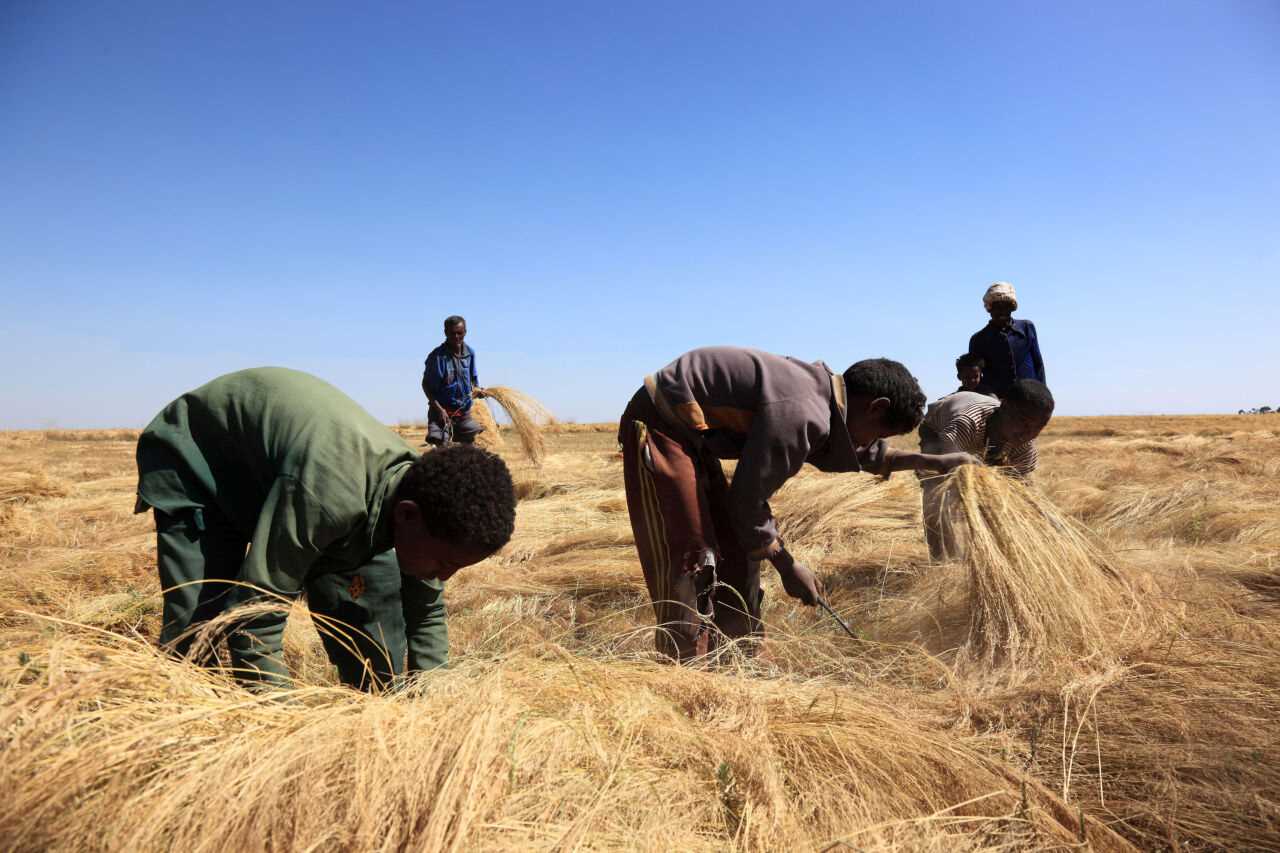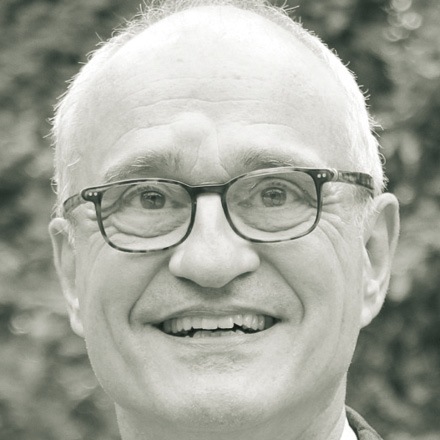German ODA
Prioritise international solidarity over national interests

Schulze spelled out her approach to development policy in D+C/E+Z, arguing it was no longer about “we are helping them”, but rather “increasingly about balancing interests”, which, according to her, has become a “fundamental component of international political realism”. Her phrasing was an indirect response to the rhetorical question Christian Lindner, the market-orthodox finance minister, likes to ask. It is whether projects serve German interests. He may hope to win over some voters who lean towards national populism of either the right variety (Alternative for Germany) or the left one (Bündnis Sahra Wagenknecht). The real impact, of course, is reinforcement of the “German money is being squandered abroad” narrative.
Official development assistance (ODA) is being reduced to a tool in the competition for geostrategic influence in the new Cold War. Lindner’s ideology rejects regulation and social protection as a matter of principle. Since Schulze, a Social Democrat, wants to show her budget is being used well, she emphasises national interests instead of international solidarity.
The federal budget for 2025 has been the topic of fierce debate for months now. Money earmarked for international action is particularly at risk, even though funding for the Federal Ministry of Economic Cooperation and Development (BMZ) and the Foreign Office’s humanitarian aid has already been slashed considerably in recent years. VENRO, an umbrella group of developmental civil-society organisations, reckons that the BMZ budget is thus set to be about € 3.5 billion (or about one quarter) smaller in 2025 than it was in 2022. In the same period, the spending for humanitarian aid is set to decline by 1.7 billion (or roughly one third). As VENRO noted in 2023, only the Federal Health Ministry is suffering deeper cuts.
Revisiting the coalition agreement
Germany is reducing support for developing countries and emerging markets at a time when the climate crisis and wars are exacerbating poverty, hunger and flight. A coalition of Social Democrats, Greens and the market-liberal FDP has been running the country since late 2021. “Dare more progress” was the title of their coalition agreement. According to it, German policy in foreign and developmental affairs would be based on values and promote human rights, peace, democracy and gender justice. The new government, moreover, would make money available to ensure that Germany lives up to the old pledge of spending 0.7 % of gross national income (GNI) on ODA. Moreover, 0.2 % of GNI would flow to low-income countries. The agreement also promised that ODA and humanitarian aid would increase at an equal rate with defence spending.
The opposite has happened. The Ukraine war, lingering impacts of Covid-19, recessions, inflation and the hard right’s increasing momentum show that more state action is needed, not less. Nonetheless, Germany’s Federal Government is implementing austerity, arguing that increasing sovereign debt would be unconstitutional. Instead of rising to global obligations, leaders now stress German interests. In cooperation with its EU partners, moreover, Germany is fortifying the walls of Fortress Europe. In spite of their human-rights rhetoric, policymakers now want to deport criminal offenders from Afghanistan to that country, even though it is controlled by the Taliban, the former fundamentalist Islamic enemy.
According to market orthodoxy’s distorted concept of the homo oeconomicus, we are all utility-maximising egotists. In times of crisis, however, the common good, solidarity and humanitarian principles deserve support internationally – and that means investments and redistribution. To fight back against right-wing activism in Germany and Europe, Minister Schulze should insist on the pledges made in the coalition agreement.
Cornelia Möhring is a member of the Bundestag and the Left group‘s spokesperson on global justice.
cornelia.moehring.ma02@bundestag.de















